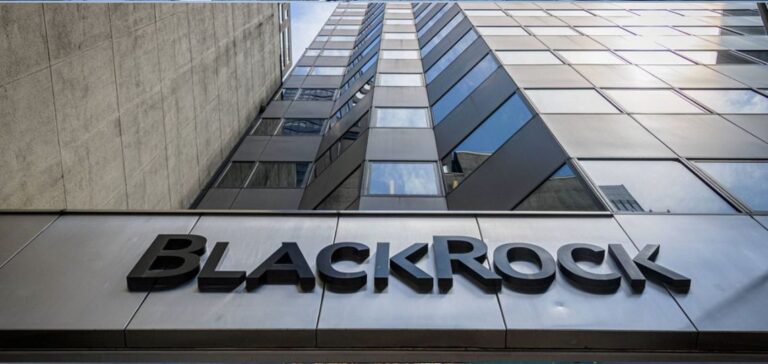BlackRock informs the UK Parliament that it would continue to invest in coal, oil and gas. The world’s largest investment fund says it is not in the business of designing decarbonization in the real economy.
Numerous criticisms
BlackRock responds to the Environmental Audit Committee’s review of the role of GFANZ (Glasgow Financial Alliance for Net Zero) signatory institutions. The responses, published on the UK government’s website, include that of the investment fund. Also, they demonstrate a refusal to engage in the decarbonization of the energy industry.
GFANZ is one of the largest coalitions of financial institutions in the world. It is committed to the transition of the global economy to net zero. In addition, the organization has 500 members in 45 countries.
The committee questioned BlackRock on its willingness to support an investment outlook aligned with the net zero target. BlackRock boss Larry Fink defends his company’s investments. It is the subject of criticism in the decarbonization debate.
An accepted use of fossil fuels
BlackRock’s response to the asset turns out not to be what the organization expected. The New York Stock Exchange listed company says:
“BlackRock’s role in this transition is limited to fiduciary responsibility. We don’t have to engage in a specific decarbonization process in the real economy.”
The investment fund, valued at $85.65 billion on the New York Stock Exchange, manages assets worth approximately $8 trillion.
BlackRock confirms its intention to remain a long-term investor in fossil fuel intensive projects. Thus, Larry Fink states:
“BlackRock is developing tools that help our investors and clients assess how the transition is likely to play out and support clients’ navigation of the transition and – for those who choose to – accelerate it.”
Climate advocates decry the lack of effort by BlackRock and other companies to encourage the energy transition.
HSBC has also come under fire but says it is continuing to invest in the development of existing oil fields. Furthermore, according to the financial institution, an abrupt detour of coal would be detrimental to Asian economies. Vanguard, says it has no corporate strategy regarding the prospect of a ban on fossil fuels.






















